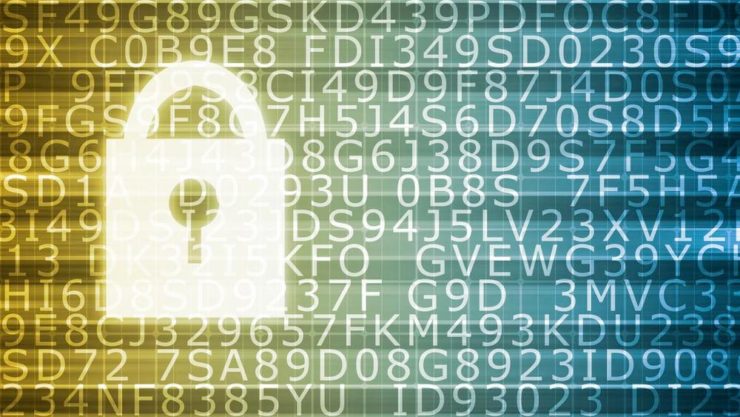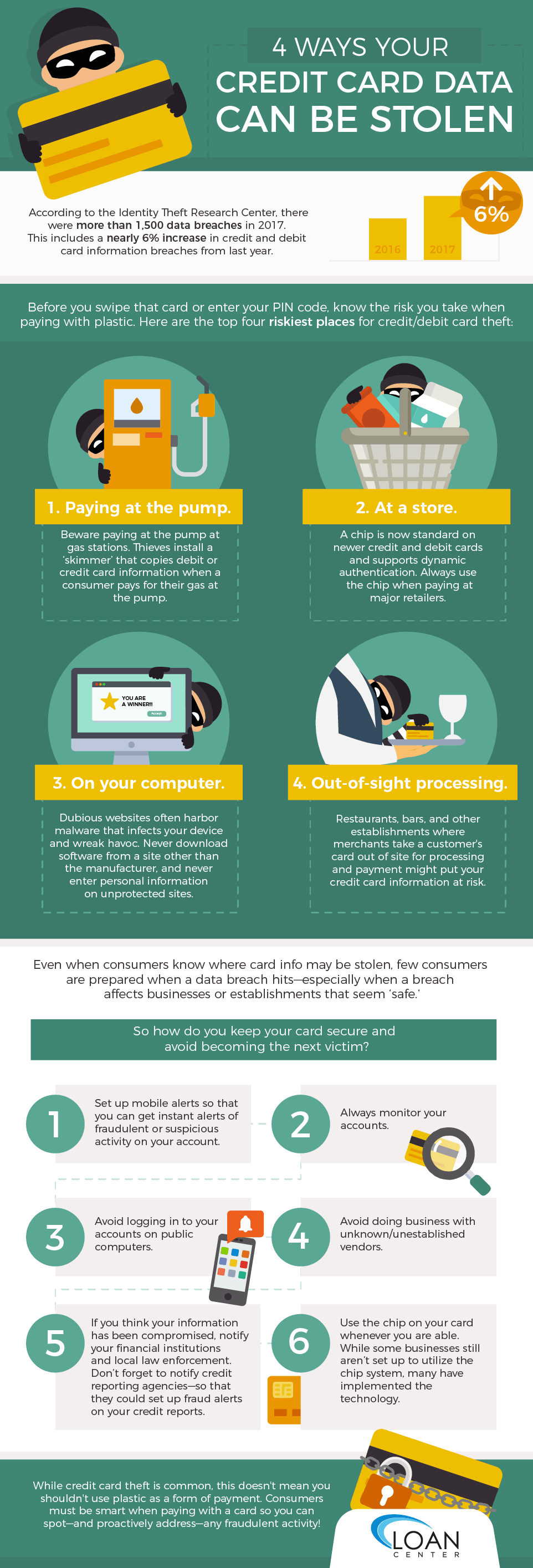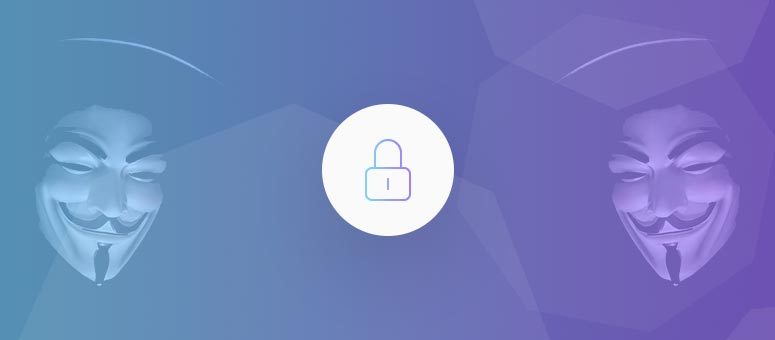We constantly hear about massive data leaks.
Unfortunately, data leaks have lifelong consequences that can personally impact you, such as ID theft and online fraud.
Electronic document and data storage substantially improves efficiency, but it also serves as a prime target for the potential payoff for attackers. Striving to keep your customer’s data safe is ideal and this can even foster trust from your customers.
Your business can assist in the fight against cybercriminals by implementing these tips.
Avoid a ‘more-is-better’ approach
With the success of Google and Facebook, it seems that collecting more information is a recipe for success. The ease of data collection reinforces this idea, as many businesses feel “if I can collect it, why not? It might be useful later”. This mentality does not incorporate the negative effects of a data leak.
By only collecting the minimum information needed to operate your business, your customers are guarded against unnecessary loss of data if a leak occurs. If you only maintain databases full of usernames and passwords, only that domain of the customer’s lives is interrupted.
But if you also log their exact location as they move around, customers may be identifiable in the physical world.
The importance of encryption

Perhaps the most important tip in this article is to encrypt your data. It is not difficult to encrypt the computers that store your data. There are tools available that don’t require technical expertise.
And it almost completely protects your customer data against attackers.
Even if attackers are able to access and download the data, it will appear only as nonsensical gibberish. The computing and time requirements to break contemporary standard encryption is far more than what a group of hackers will have.
They also lack motivation to crack it, since there are hundreds or thousands of other targets who do not.
Both network and disk encryption are important. Disk encryption can be done easily on your own servers. If you are using a third-party, like Azure or AWS, you can leverage their encryption tools. If you will be encrypting your own networks, make sure to follow this checklist to ensure you didn’t forget anything.
Consider hiring security-conscious professionals
If you cannot commit to a full-time IT staff, which is common for a small business, you can always outsource to a contractor to set everything up and teach you the day-to-day operations.
Another excellent option is to use services, like DBaaS, SaaS, and other –aaS type services. These are ways to easily outsource aspects of IT to major companies, like Microsoft, Amazon, and Google.
Because it is a highly-profitable vector, payment processing is a primary target of cybercriminals. This part of your business can also be outsourced to companies like PayPal. Customers use your website to find their products, but when they want to pay, they are directed to a webpage secured by PayPal, and all of the important aspects of the transaction are completed by the processor.
This eliminates a target from your responsibilities, and it’s likely the payment processors have larger IT teams than a small business.
Educate your customers
The best defence against loss of consumer data is consumers defending themselves. If you have an FAQ or blog section, you should tell them how easy their credit card numbers can be stolen, how to avoid “Evil Twin” WiFi networks, and how to spot phishing attempts.

If a customer attempts to access your website but is sent to a phishing site, they might still blame you for the fraud, even though you had no control.
However, if they know what to look for, they can avoid the problems altogether.



Great work Nick; Agreed on every point.
Outsource to professionals is a good idea but you must be wary to hire a team of professional to keep secured a data. So, I would recommend not to use this technique if you have enough fund, time or technique to keep the consumers’ data safe and secure.
I strongly recommend encryption technique to keep hide consumers’ data from cyberpunk.
Thanks,
Pankaj